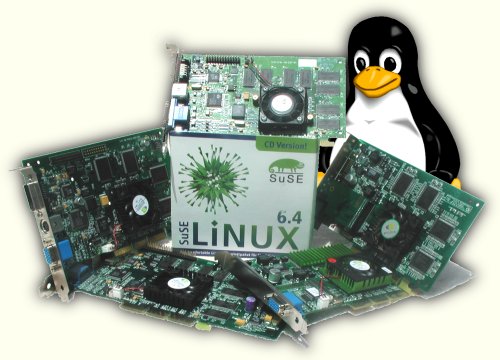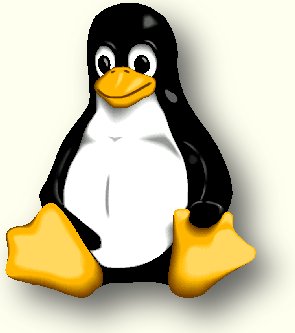NVIDIA 3D Under Linux
Introduction
I don't know if I should admit it. This review could more or less be called an accident. I have most certainly wanted to do hardware reviews under Linux for a long time, but I never really got around to dedicating enough time to it so far. However, the recent inclusion of Linux kernel compilation in our CPU benchmarking portfolio was the first step into the right direction and it's pretty much the reason for this review.
You might remember the two articles about Intel's latest processor, the Pentium III at 1.13 GHz . My test sample is an actual faulty part, which I pointed out in the second article about this new processor. Late last week I had finally received Intel's VC820 motherboard, which happens to be a specially modified platform for the P3 1.13 GHz. I considered it reasonable to give my uncooperative 1.13 GHz sample one last chance and so I tested it on this motherboard as well. It turned out that I ran in less trouble than with my other test platforms, but the system was still far from stable. One of the tests that my 1.13 GHz Uber-Processor could never finish was the Linux Kernel Compilation. To make sure that my configuration was correct I decided to make a new installation of Linux on a new hard drive. While I was at it, I thought I could also install the latest Linux 3D drivers for the GeForce2 GTS card that I am using in the test system. This might give me the chance to run my Linux Quake 3 version as an additional benchmark as well. That's how the whole thing started. As you can see, I finally decided against writing another negative article about my buggy Pentium III 1.13 GHz processor. Instead, here I am with a positive article about 3D graphics under Linux with NVIDIA graphics cards.
Linux
I guess I don't have to tell the die-hard Linux user that you should probably go ahead and skip this paragraph. I'd like to give a short explanation for the ones who don't know what Linux is, as well as for those who only 'heard about it' so far.
Linux is an operating system. Operating systems are the platform for the software titles you are running on your system. Other well-known operating systems are Microsoft's Windows98 and Windows 2000, UNIX in all its different flavors, BeOS, OS/2, in case anyone remembers it, MacOS, Apples operating system, and more. Linux is a UNIX-style operating system, initiated and developed by Linus Torvalds and expanded upon by many others today. Linus' vision was to develop an operating system that is free and that comes with open standards. This is the basic idea that made Linux what it is today.
The fact that Linux is free has made it THE operating system in most universities worldwide. However, characterizing Linux as just a 'cheap operating system' wouldn't do it any justice whatsoever. The really brilliant part of Linux is the open standard. Everybody has access to the source code of Linux and so everyone who fancies it can write his own code for Linux. Linus' vision of a worldwide community that is together working on creating an excellent operating system has become true. Linux hasn't got any secrets, it doesn't claim anything that it isn't able to deliver and it has become a highly interesting choice for many people who are looking for a reliable, up-to-date and secure operating system.
Let's now cut the philosophy crap though. Why should you, as a more or less happy Microsoft Windoze user, who couldn't care less about the worldwide Linux community, be interested in Linux?
Get Tom's Hardware's best news and in-depth reviews, straight to your inbox.

